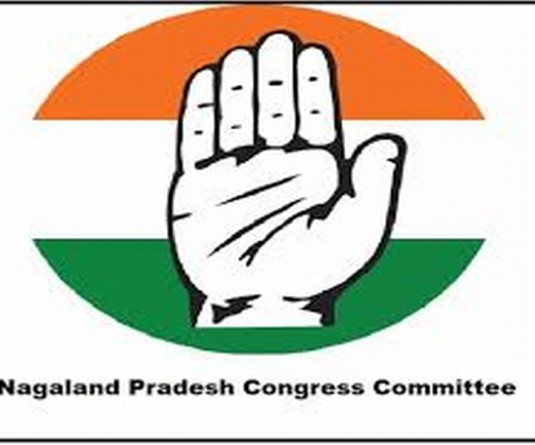Kohima College hosted a one-day state-level FDP bringing together 82 participants from higher education institutions across Nagaland on May 2.
State-level FDP on NEP 2020 held in Kohima
KOHIMA, MAY 4 (MExN): Kohima College, Kohima, on Saturday hosted a one-day State-Level Faculty Development Programme (FDP) on the theme “Curriculum Planning and Development in Line with NEP 2020,” bringing together 82 participants from higher education institutions across Nagaland.
The May 2 programme was organised by the college’s Internal Quality Assurance Cell (IQAC) with the objective of facilitating meaningful dialogue on curriculum transformation in alignment with the National Education Policy (NEP) 2020.
The event began with the Chairperson’s address by Dr Ziuziu Iheilung, Assistant Professor of Functional English, who provided a contextual overview of NEP 2020. He described it as a transformative and evolving policy aimed at redefining India’s education system through inclusive, flexible, and forward-looking academic frameworks.
Delivering the welcome address, Kohima College Principal Dr Vitsosie Vupfu called NEP 2020 a dynamic educational reform that continues to adapt since its adoption in 2020. He underscored the policy’s emphasis on reviving and integrating the Indian Knowledge System (IKS), and the importance of generating knowledge rooted in indigenous traditions and local state contexts.
Highlighting the challenges of limited common-pool resources, Dr Vupfu stressed the need for collective academic contributions, not just for individual advancement but for the overall strengthening of colleges and universities. He said such efforts would enrich students’ knowledge and raise institutional standards, describing it as a “win-win” situation. He also expressed confidence that the FDP would help faculty members shape curriculum ideas and better equip themselves for implementation.
The first technical session was led by Dr Neizekhonuo Liezietsu, Assistant Professor at the State College of Teacher Education, Kohima. She explored curriculum as a comprehensive set of learning experiences aimed at achieving educational goals. Discussing the foundational principles of curriculum design, she emphasised learner-centric approaches, psychological and logical sequencing, and the value of flexibility, creativity, and utility.
Dr Liezietsu outlined the entire curriculum development process—planning, design, development, implementation, and evaluation—highlighting that it is a structured yet dynamic process essential for delivering relevant knowledge and skills to students.
The second session featured Dr Sandip Ratna, Associate Professor at the same institution, who gave an in-depth presentation on course design under the Four-Year Undergraduate Programme (FYUGP) envisioned by NEP 2020. He compared the earlier academic system with the NEP-based structure and elaborated on key policy instruments such as the Curriculum and Credit Framework for Undergraduate Programmes (CCFYP 2022) and FYUGP 2023.
Dr Ratna explained the shift from marks-based to credit and grade-based evaluation systems and clarified distinctions between major, minor, and elective subjects. He discussed credit requirements, programme structure, subject combinations, and illustrated course design formats under FYUGP.
He also offered tailored recommendations for institutions, students, and policymakers. He advised institutions to prioritise clear academic advising and develop undergraduate-level research mentoring. Students were encouraged to begin with an open mind, explore interdisciplinary electives, plan early for research or dual majors, and make strategic use of exit options if needed due to financial or personal constraints.
For policymakers, Dr Ratna recommended supporting credit transfer systems, recognition of prior learning, and enhancing opportunities for collaborative projects, internships, and community-based learning as part of credit-bearing curricula.






